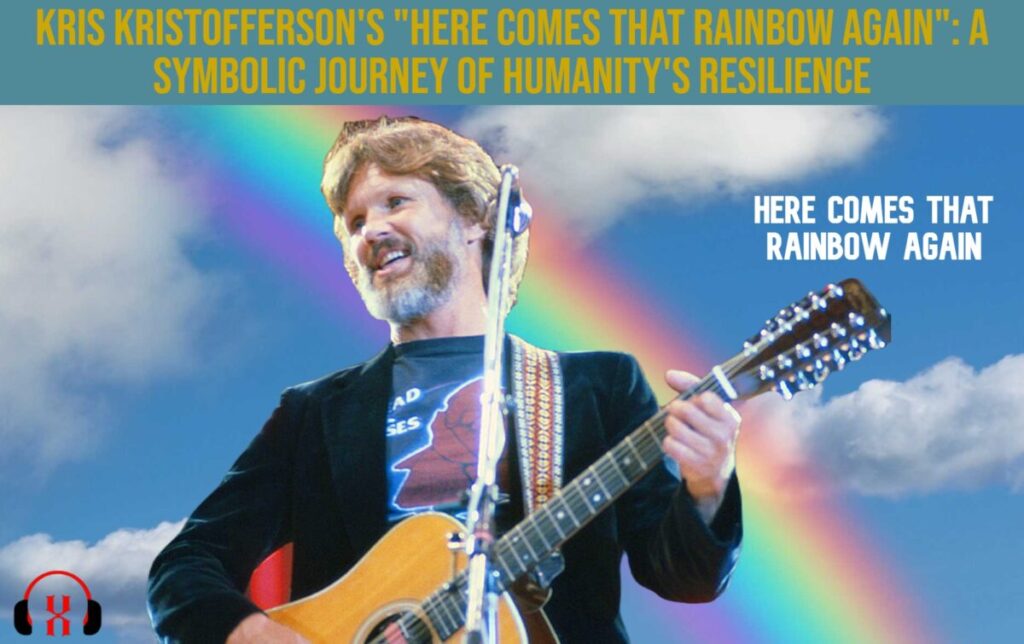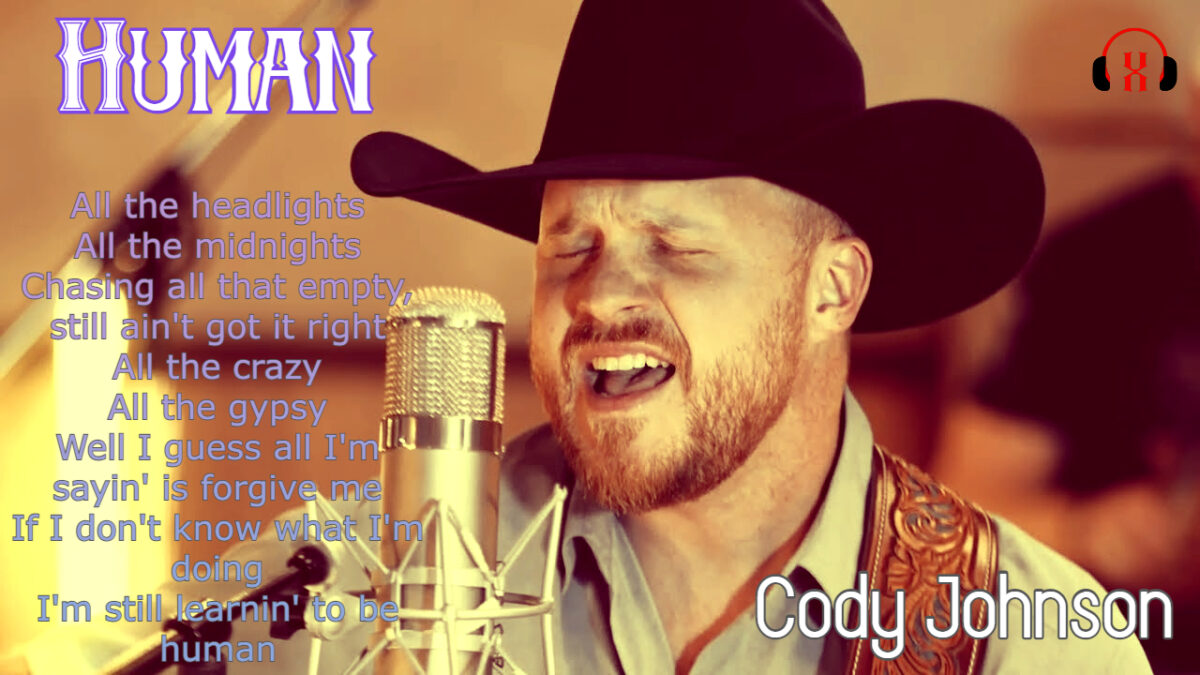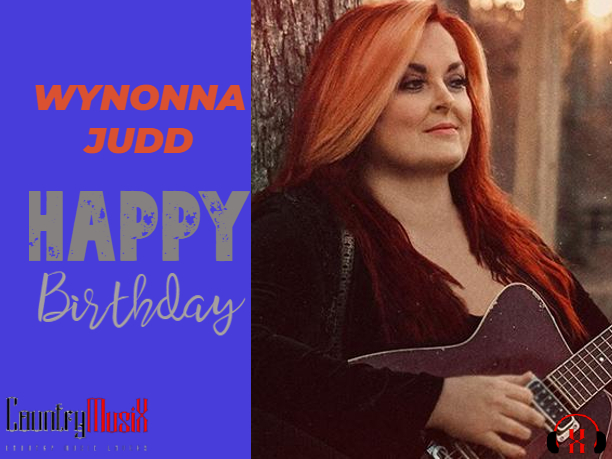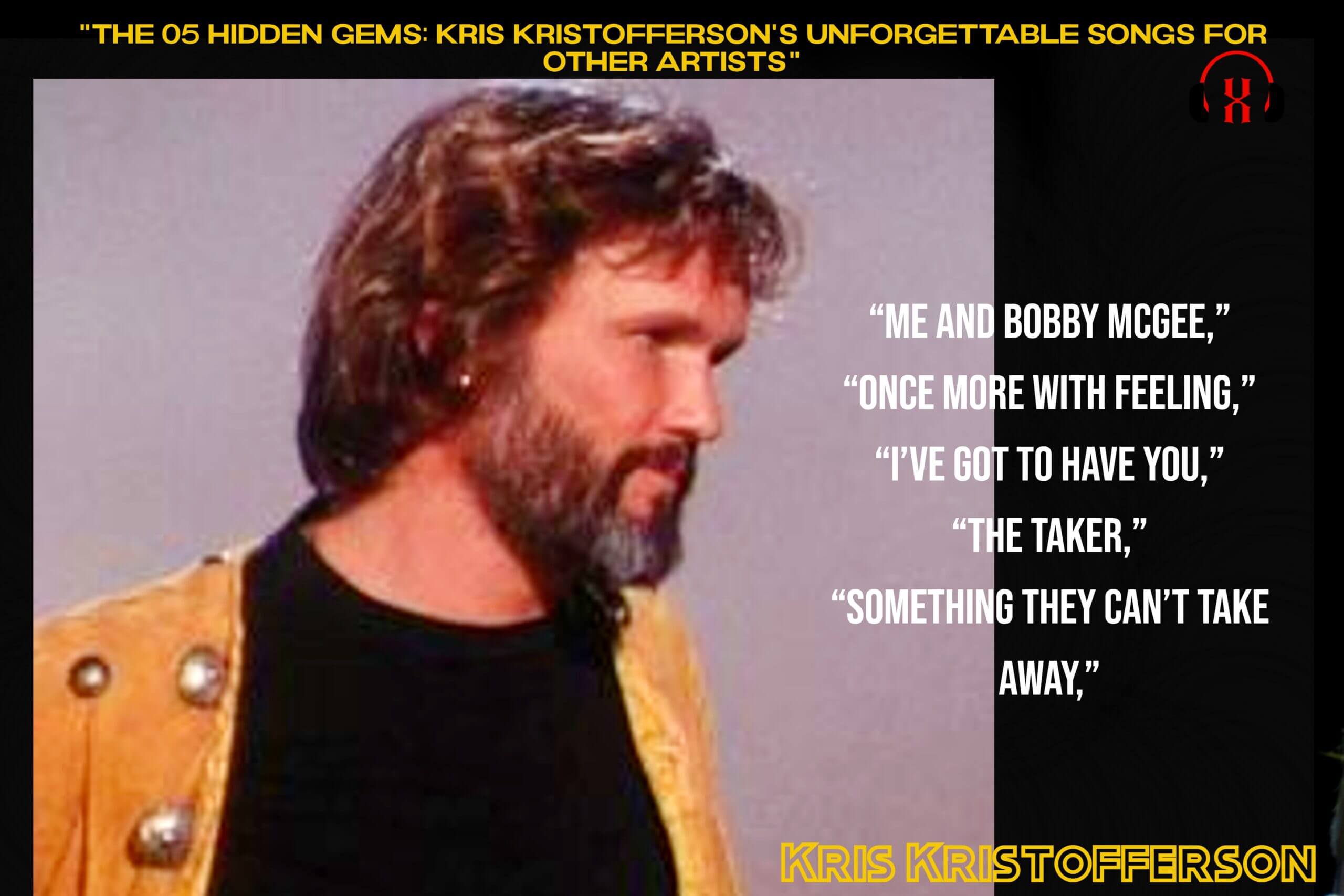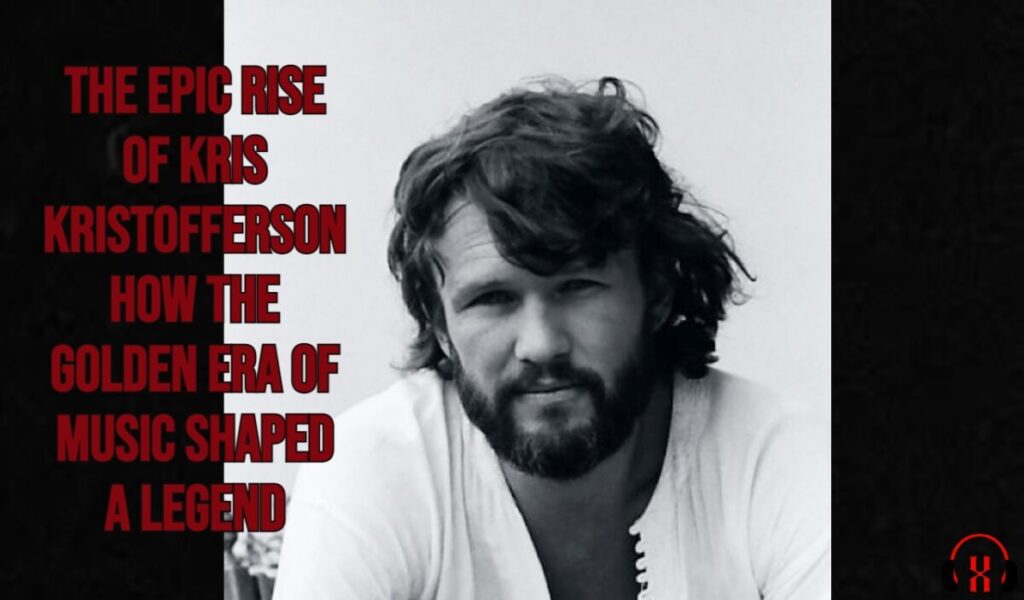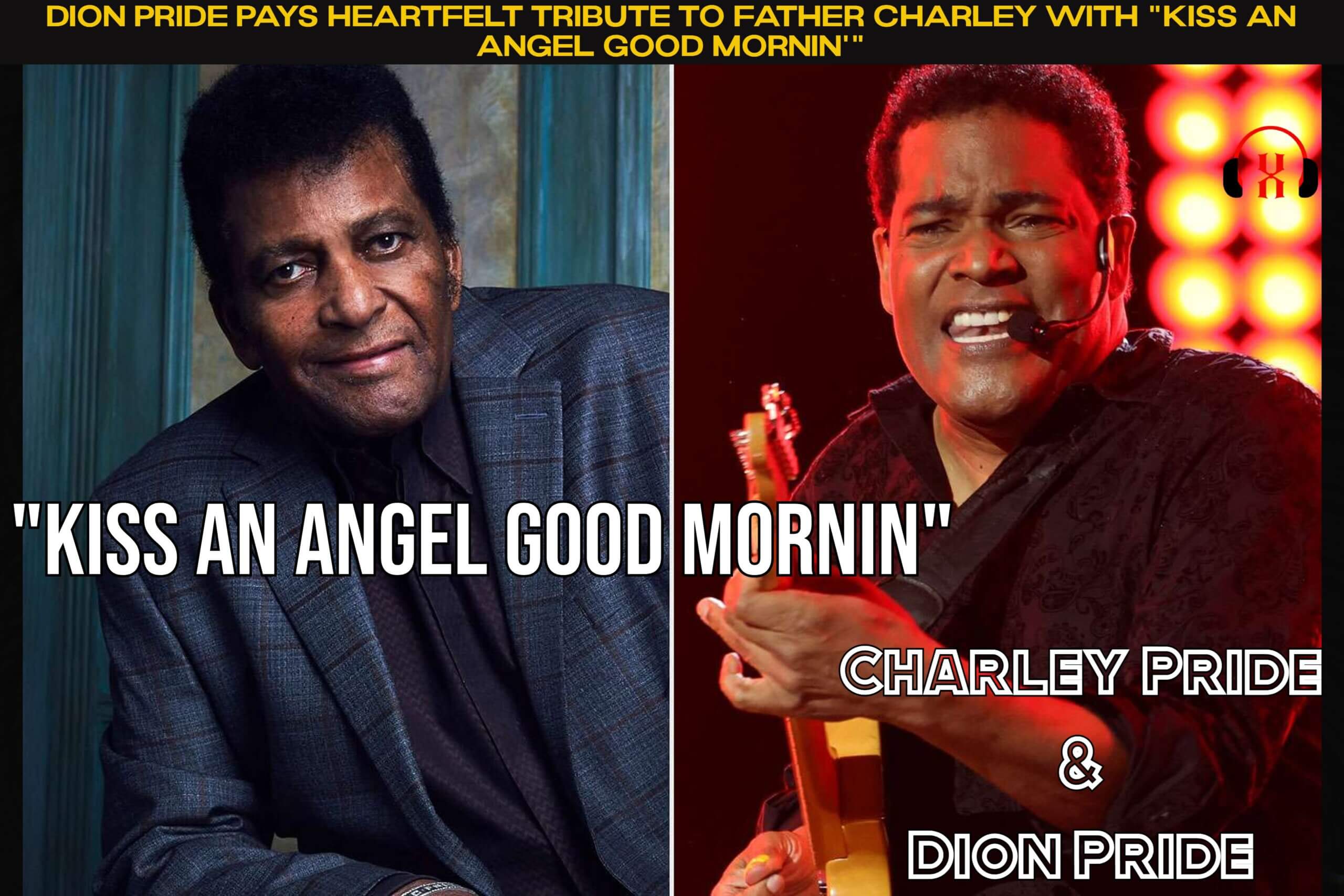![]()
5 Great Songs Kris Kristofferson wrote for other Artists,
Kris Kristofferson: The Unsung Songwriter of Iconic Tunes
Kris Kristofferson, the lyrical genius, has left an indelible mark on the American music scene for over half a century. His poetic verses have been etched into the hearts of music lovers, from Janis Joplin’s soulful rendition of “Me and Bobby McGhee” to Waylon Jennings’s heart-wrenching “The Taker.” But the path that led Kristofferson to songwriting stardom was far from conventional.
Born on June 22, 1936, in Brownsville, Texas, Kristofferson embarked on his journey as a songwriter in the late 1950s while pursuing a Rhodes scholarship at Oxford University in England. Surprisingly, his academic pursuits led him to graduate with a degree in English Literature. Before the release of his 1970 debut album, “Kristofferson,” he ventured into music under the pseudonym Kris Carson. He also spent time in the U.S. Army, where he taught English literature at West Point in New York State. Growing up in a military family, with his paternal grandfather serving in the Swedish Army, Kris moved frequently due to his father’s military career. In 1965, he made a bold decision to abandon the military path and relocate to Nashville to pursue his passion for songwriting, a choice that led to his family disowning him.

By 1966, Kris Kristofferson had already tasted success with his song “Viet Nam Blue,” which was recorded by Dave Dudley and reached the Top 20 on the country chart. In the years that followed, he continued to make waves in the music industry, with hits like “Jody and the Kid” by Roy Drusky, “From the Bottle to the Bottom” by Billy Walker and the Tennessee Walkers in 1969, Ray Stevens’s rendition of “Sunday Mornin’ Comin’ Down” (later becoming a No. 1 hit for Johnny Cash in 1970), and Faron Young’s “Your Time’s Comin’,” which peaked in the top five on the country chart.
Throughout the 1970s, ’80s, and ’90s, Kristofferson’s songwriting prowess remained unmatched. Hits like “Please Don’t Tell Me How the Story Ends,” “Help Me Make It Through the Night,” and “I Won’t Mention It Again” continued to captivate audiences. Simultaneously, he ventured into the world of acting, gracing the silver screen in over 50 films, including the iconic 1975 musical “A Star is Born,” alongside Barbra Streisand.
With more than two dozen albums released over five decades and collaborations with artists like Willie Nelson and Rita Coolidge, Kris Kristofferson’s musical journey was nothing short of legendary. He also embarked on a musical adventure with the country supergroup, The Highwaymen, alongside Nelson, Waylon Jennings, and Johnny Cash, releasing three albums between 1985 and 1995.
Kristofferson’s remarkable contribution to songwriting earned him well-deserved recognition. He was inducted into the Nashville Songwriters Hall of Fame in 1977, the Songwriters Hall of Fame in 1985, and the Country Music Hall of Fame in 2004.
Countless artists have had the honor of recording Kristofferson’s songs, and his narratives continue to resonate through the decades. In 2021, Willie Nelson paid tribute with a new rendition of Kristofferson’s 1973 song “Why Me,” originally covered by Nelson in 1979 on his album “Sings Kristofferson.”
Now, let’s take a closer look at a handful of standout songs from the late ’60s and ’70s, penned by Kris Kristofferson and initially brought to life by other talented artists.
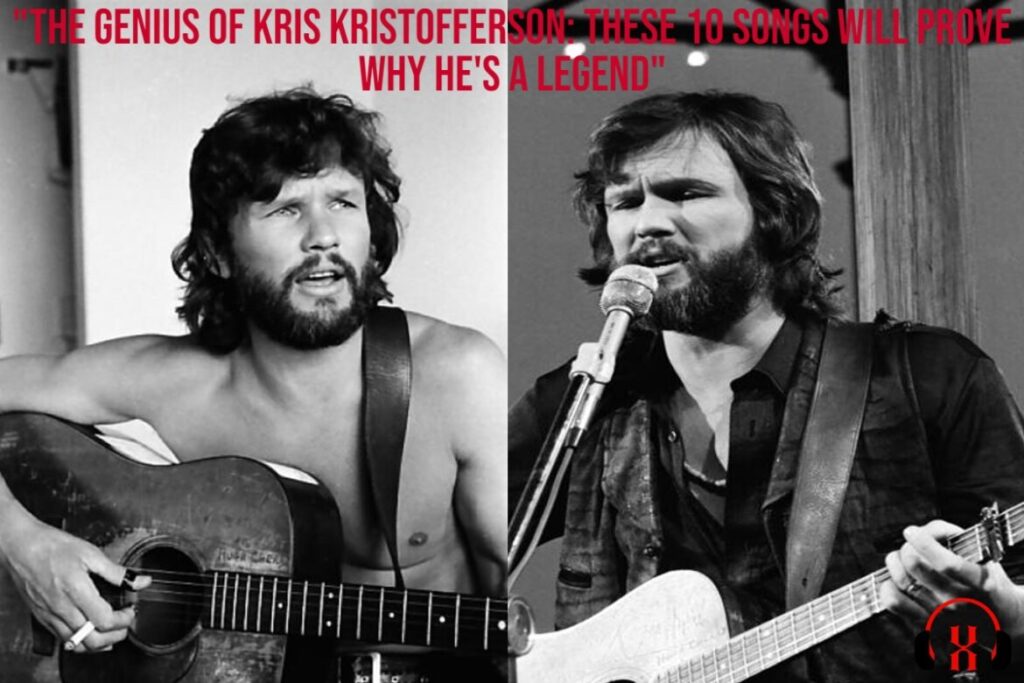
1. “Me and Bobby McGee,” Roger Miller (1968)
Written by Kris Kristofferson and Fred Foster
Long before Kris Kristofferson’s iconic rendition of “Me and Bobby McGee” graced his 1970 debut album, another legendary honky-tonk singer, Roger Miller (1936-1992), had already given life to this remarkable song in 1968. “Me and Bobby McGee” weaves a timeless narrative of two lovers embarking on a journey together, only to gradually drift apart. Interestingly, in Kristofferson’s original composition, “Bobby” was envisioned as a female character.
Roger Miller’s version of the song climbed to No. 12 on the Billboard Hot Country Singles chart, making its mark in the country music scene. However, it was destined for even greater heights when, three years later, Janis Joplin released her posthumous rendition. Joplin, known for her unparalleled vocal prowess, took the liberty of transforming “Bobby” into a male character, breathing new life into the song.
The magic happened when Joplin’s version soared to the top of the Hot 100 chart in 1971, becoming a monumental hit off her second and final album, “Pearl.” The switch in gender within the lyrics added a unique dimension to the song, contributing to its enduring appeal and universal resonance.
As we delve into the story behind “Me and Bobby McGee,” we uncover a captivating journey where a song’s essence transcends time, changing hands from one gifted artist to another, and undergoing a transformation that elevates it to iconic status.
2. “Once More with Feeling,” Jerry Lee Lewis (1970)
Written by Kris Kristofferson and Shel Silverstein
The journey of a song often mirrors the complex emotions it conveys. Such is the case with “Once More with Feeling,” a heartfelt ballad by Kris Kristofferson that took nearly a decade to find its way onto his ninth album, “Shake Hands with the Devil” in 1979. However, before Kristofferson’s rendition, this poignant melody had already touched the hearts of many through the voice of none other than the legendary Jerry Lee Lewis.
Jerry Lee Lewis, renowned for his fiery piano prowess and emotive vocals, was the first to embrace “Once More with Feeling.” He recorded this soul-stirring song for his 13th album, fittingly titled “She Even Woke Me Up to Say Goodbye.” The result was nothing short of magical.
Lewis’s rendition of “Once More with Feeling” soared to the top, reaching No. 1 on the Cash Box Country Singles chart and an impressive No. 2 on the Billboard country chart. The song struck a chord with listeners, resonating deeply with its emotive lyrics and Lewis’s passionate delivery.
The tale of “Once More with Feeling” is a testament to the enduring power of music. It’s a story of patience and persistence, where a song’s journey spans years, traversing from one talented artist to another. Each rendition breathes new life into the melody, infusing it with a unique essence that captivates hearts and climbs the charts.
In this musical saga, “Once More with Feeling” serves as a reminder that some songs are destined for greatness, no matter how long it takes for them to find their moment in the spotlight.
3. “I’ve Got to Have You,” Carly Simon (1971)
Written by Kris Kristofferson
In the intricate world of music, stories often weave and intertwine, creating melodies that transcend time and artists. One such tale revolves around the soul-stirring song “I’ve Got to Have You,” penned by the legendary Kris Kristofferson. While Kristofferson would eventually record his own version of this heart-wrenching ballad in 1974, its journey began with the incomparable Carly Simon.
Carly Simon, renowned for her evocative vocals and songwriting prowess, introduced “I’ve Got to Have You” as the closing acoustic ballad on her second album, “Anticipation.” The album’s title track, “Anticipation,” made waves in the United States, soaring to No. 3 on the Adult Contemporary chart. However, it was “I’ve Got to Have You” that embarked on a unique journey of its own.
This hauntingly beautiful song made its debut as a single in Australia, where it resonated deeply with listeners. In 1972, “I’ve Got to Have You” climbed the charts, securing its place among the Top 10. The song’s emotional depth and Carly Simon’s heartfelt rendition struck a chord with audiences, transcending borders and leaving an indelible mark.
Yet, the story didn’t end there. Kris Kristofferson, the mastermind behind the song’s poignant lyrics, later recorded his own rendition in 1974. His version added a new layer of depth and emotion, reaffirming the timeless quality of “I’ve Got to Have You.”
In this musical journey, “I’ve Got to Have You” serves as a testament to the power of a well-crafted song. It’s a tale of how music has the capacity to touch souls across the globe, regardless of time or distance. The song’s dual existence, first through Carly Simon and then through Kris Kristofferson, showcases the versatility and enduring appeal of a true musical gem.
4. “The Taker,” Waylon Jennings (1971)
Written by Kris Kristofferson and Shel Silverstein
In the tapestry of country music, there exists a timeless narrative of love and regret, eloquently woven through the lyrics of “The Taker.” This heartfelt song, originally recorded by the legendary Waylon Jennings, traces the story of a man who, blinded by his own actions, takes a woman for granted and eventually leaves her behind. It found its initial home as the title track of Jennings’ 1971 album, “The Taker/Tulsa.”
However, the song’s journey did not conclude with Jennings’ rendition. Kris Kristofferson, a maestro of lyrical storytelling, would go on to record “The Taker” on his second album, “The Silver Tongued Devil and I,” in 1972. What makes this musical tale even more fascinating is the synergy between Kristofferson and his producer, Fred Foster.
Fred Foster, not only a longtime collaborator and producer of Kristofferson’s but also the founder of Monument Records, was a luminary in the music industry. He had previously worked closely with iconic artists like Roy Orbison, who would later lend his voice to Kristofferson’s “Something They Can’t Take Away.” Additionally, Foster played pivotal roles in shaping the careers of legends such as Willie Nelson and Dolly Parton during their early years.
“The Taker” stands as a testament to the enduring power of storytelling in music. It delves into the depths of human emotions, exploring themes of love, loss, and the consequences of taking someone for granted. Jennings’ initial rendition captures the essence of this poignant narrative, while Kristofferson’s interpretation adds another layer of depth and introspection.
In this musical odyssey, “The Taker” underscores the profound impact that collaboration and shared artistic vision can have on a song’s evolution. It reminds us that great songs possess a timeless quality, capable of resonating with diverse artists and audiences across generations.
5. “Something They Can’t Take Away,” Roy Orbison (1976)
Written by Kris Kristofferson
In the intricate tapestry of music history, there are songs that linger in the heart long after the notes have faded. “Something They Can’t Take Away” is one such gem, originally recorded and released by the incomparable Roy Orbison in 1976. This melancholic masterpiece found its place on Orbison’s 20th album, “Regeneration,” which also marked his poignant return to Monument Records, a label where he had parted ways with in 1964. What makes this reunion even more special is the guiding hand of producer Fred Foster.
Fred Foster, a luminary in the music industry, not only orchestrated this poignant album but also played a significant role in shaping Orbison’s career. Foster’s remarkable career included collaborations with legends like Kris Kristofferson, Willie Nelson, and Dolly Parton during their early years.
In “Something They Can’t Take Away,” Orbison’s soulful voice takes center stage, weaving a heart-wrenching tale of a love that time could not erase. It’s a narrative that strikes a chord with anyone who has experienced the enduring ache of a love lost but never truly forgotten.
The song’s lyrical depth and Orbison’s emotive delivery transport listeners into a world of bittersweet memories and lingering emotions. With every note, the melody echoes the universal truth that some things in life are truly irreplaceable, incapable of being taken away by the hands of time or circumstance.
As we delve into the haunting beauty of “Something They Can’t Take Away,” we are reminded that great music transcends eras and boundaries. Orbison’s rendition of this timeless ballad continues to touch the hearts of listeners, leaving an indelible mark on the landscape of music history.

